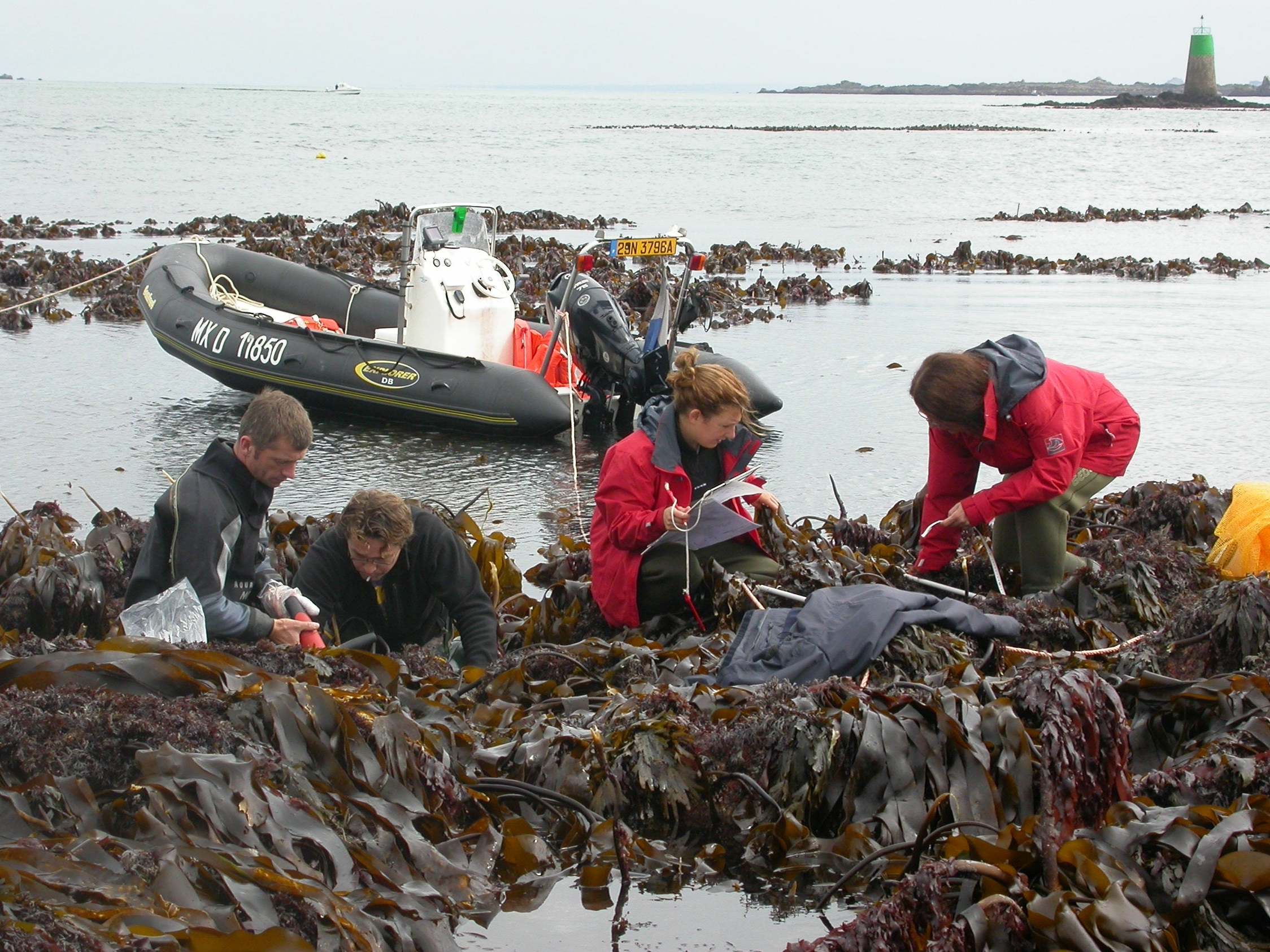Kelp species found off UK coast ‘survived 16,000 years since last ice age'
Study suggests marine organisms can adjust to climate crisis by migrating

Your support helps us to tell the story
From reproductive rights to climate change to Big Tech, The Independent is on the ground when the story is developing. Whether it's investigating the financials of Elon Musk's pro-Trump PAC or producing our latest documentary, 'The A Word', which shines a light on the American women fighting for reproductive rights, we know how important it is to parse out the facts from the messaging.
At such a critical moment in US history, we need reporters on the ground. Your donation allows us to keep sending journalists to speak to both sides of the story.
The Independent is trusted by Americans across the entire political spectrum. And unlike many other quality news outlets, we choose not to lock Americans out of our reporting and analysis with paywalls. We believe quality journalism should be available to everyone, paid for by those who can afford it.
Your support makes all the difference.A species of kelp found off the UK coast has survived since the last ice age some 16,000 years ago, according to a new study.
Scientists made the discovery after analysing the genetic composition of oarweed from 14 areas across the northern Atlantic Ocean.
Dr Andrew Want, a marine ecologist at Heriot-Watt University’s International Centre for Island Technology in Orkney, collected one set of samples a few minutes from his home in Kirkwall Bay.
He described the finds as “refugee populations that managed to hang on and survive amid dramatic changes”.
Dr Want said: “As the ice sheets retreated from northern European shorelines at the end of the most recent ice age, oarweed distribution followed and recolonised the higher latitudes of the Atlantic.
“Kelp plays a critical role in the Atlantic so it is important to understand what affects its distribution and survival over time and how sensitive it is to change.”
The analysis, by experts from Heriot-Watt, the University of the Algarve in Portugal and Station Biologique de Roscoff in France, revealed three distinct genetic clusters. One was found along the eastern seaboard of Canada and the US, one in central and northern Europe and a compact population around Brittany.
It also showed the oarweed in Scotland and Ireland was more closely related to populations in the high Arctic than to a closer Brittany cluster.
However, Dr Want said the “unique Brittany gene pool” was projected to disappear as a result of the climate crisis.
“This provides further evidence of the loss of biodiversity expected with rapidly changing marine temperatures,” he said.
Dr Joao Neiva from Algarve’s Centre of Marine Sciences said the study offered hope that marine organisms can adjust to shifting climates by migrating towards the poles.
“These migrations provide a mechanism by which marine life buffers the effects of global climatic shifts, and how they can compensate for predictable contractions at warmer limits as the modern climatic crisis unfolds.”
Join our commenting forum
Join thought-provoking conversations, follow other Independent readers and see their replies
Comments